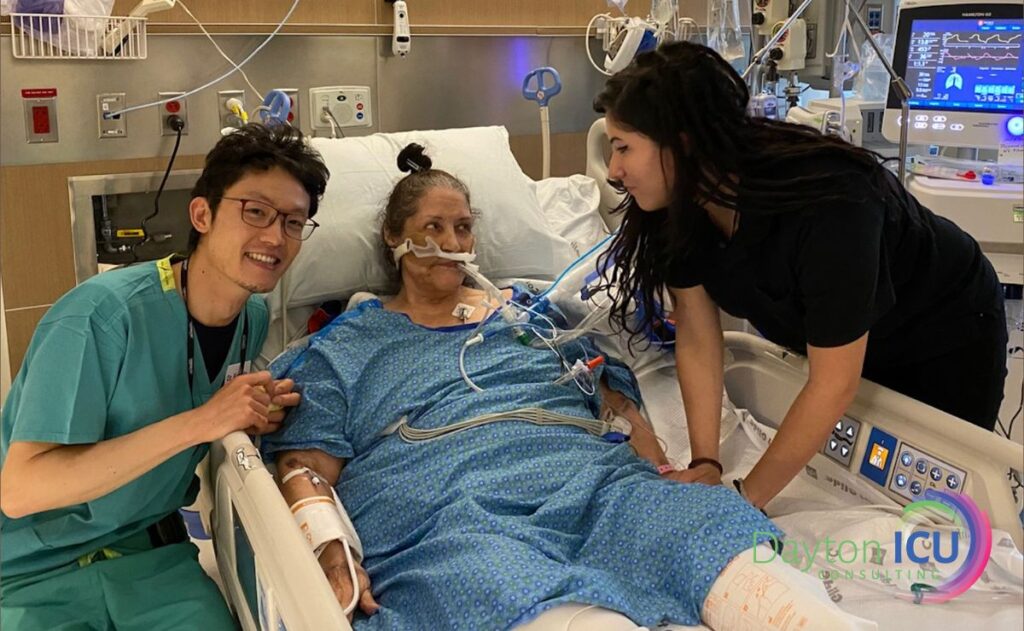
Patients and Their Families Have the Right to Know the Risks of Sedation
Patient autonomy is a pillar of clinical ethics, and it’s vital to the integrity of any clinical practice. Observance of this principle works to uphold patients’ rights, fosters trust and collaboration, respects diversity, and empowers individuals to actively participate in decision-making regarding their healthcare. In our efforts to protect patient autonomy, one of the best
Learn More > from Patients and Their Families Have the Right to Know the Risks of Sedation


